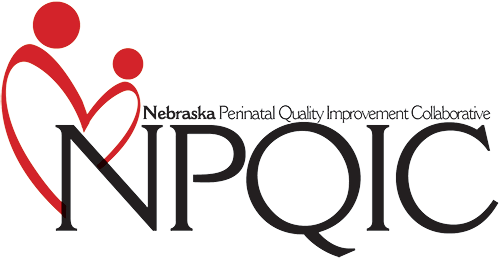Want to know about what’s going on at NPQIC? You’ve come to the right place!
Be sure to check back regularly to get our latest news updates.
Celebrating Beatrice Community Hospital's fantastic work with our Respectful Care Initiative! Delivering dignified, patient-centered care for their perinatal patients and families - this is healthcare at its best!
The American Academy of Pediatrics (AAP) has released updates to its clinical recommendations for critical congenital heart disease (CCHD) screening in newborns. Since becoming part of the U.S. Recommended Uniform Screening Panel in 2011, this simple pulse oximetry screening has become mandatory across all U.S. states and territories.
The new clinical report, "Newborn Screening for Critical Congenital Heart Disease: A New Algorithm and Other Updated Recommendations," published in Pediatrics January 2025, reflects key learnings from over a decade of nationwide implementation. The recommended updates include a simplified screening algorithm, improving data collection, and education of providers.

